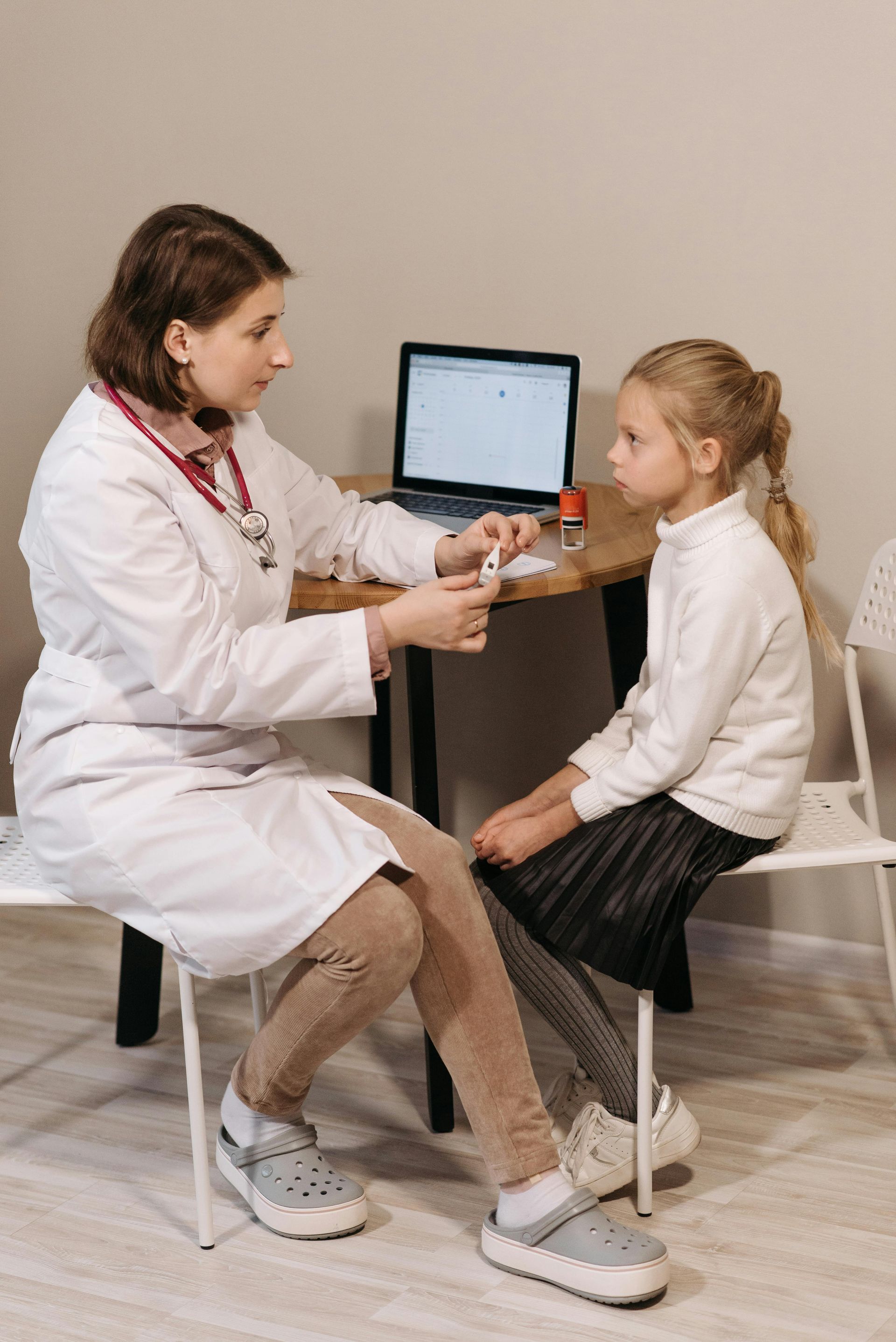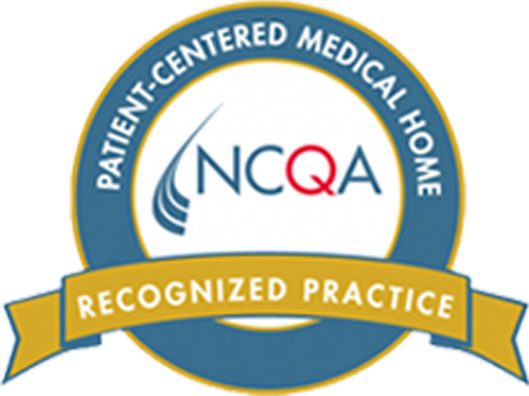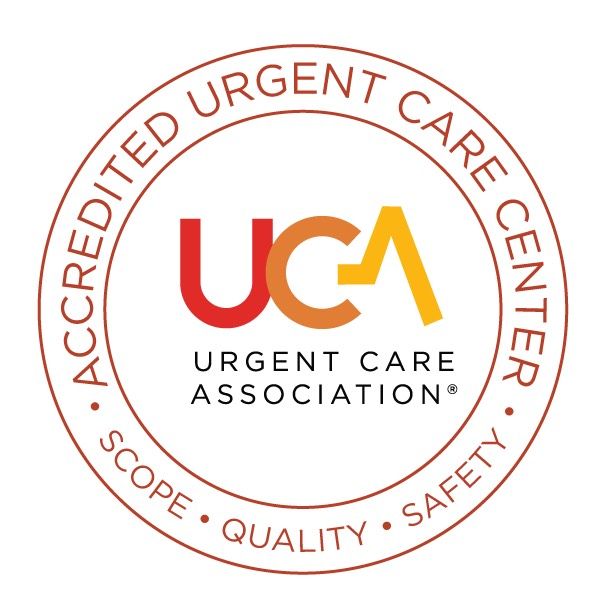What to Expect During Your Child’s Kindergarten Physical Exam: A Guide for Parents
What to Expect During Your Child’s Kindergarten Physical Exam:

Title: What to Expect During Your Child’s Kindergarten Physical Exam: A Guide for Parents
As your little one prepares to embark on the exciting journey of kindergarten, there’s one important task to check off the list—getting a physical exam! A Kindergarten physical exam is not only a requirement for school entry in many areas, but it's also a great opportunity for pediatricians to ensure your child is healthy and ready for the year ahead.
Here’s a breakdown of what to expect during this essential check-up and why it matters.
1. Why is a Kindergarten Physical Exam Important?
Starting kindergarten marks a significant milestone in a child’s life, and it’s crucial that they’re in good health to tackle the social, emotional, and physical demands of school. The physical exam serves several purposes:
Ensuring readiness for school activities: From recess and gym class to playground games, your child will be engaging in a variety of physical activities that require good health and stamina.
Meeting school requirements: Many states and school districts require an up-to-date physical exam before a child can enroll in kindergarten.
Spotting potential health issues: This exam is a preventive measure, helping identify any underlying health problems early on so they can be addressed before they become larger issues.
2. What Happens During the Physical Exam?
A pediatric office visit for a kindergarten physical exam usually involves several steps. It’s a fairly straightforward process designed to ensure your child is healthy and growing normally. Here’s what you can expect:
A Comprehensive Health History Review:
The pediatrician will first ask questions about your child’s medical history. This includes:
Any allergies your child might have (food, medication, environmental)
A review of past illnesses or hospitalizations
Immunization history (vaccines required for school will be reviewed and updated if necessary)
Family health history to check for conditions that might be hereditary
This helps the doctor understand your child’s overall health and identify any potential risks or concerns.
Physical Examination
The pediatrician will conduct a head-to-toe exam to check your child’s general health and development. This may include:
Height and weight measurement: To ensure your child is growing properly.
Vital signs check: The doctor will take your child’s temperature, pulse, respiratory rate, and blood pressure (though blood pressure readings are typically taken for older children).
Vision and hearing screening: This is crucial for identifying any potential issues with sight or hearing that could affect learning.
Heart and lung exam: The doctor will listen to your child’s heart and lungs using a stethoscope to detect any irregularities.
Skin check: The pediatrician will examine your child’s skin for rashes, birthmarks, or any signs of infection.
Muscle and joint exam: Your child’s range of motion and overall musculoskeletal development will be assessed, particularly since they’ll be engaging in more physical activities at school.
Abdominal check: The doctor may gently palpate the abdomen to check for any tenderness or unusual masses.
Developmental and Behavioral Screening
Since kindergarten is a time of significant social, emotional, and cognitive development, the pediatrician may ask questions to assess your child’s:
Social skills: Is your child able to interact appropriately with others? Do they seem ready to adapt to group settings like a classroom or playground?
Motor skills: Are they able to run, jump, and perform other basic physical activities expected at this age?
Speech and language development: Can your child express themselves clearly and understand simple instructions? Are they able to follow directions?
This section helps ensure that your child is emotionally and developmentally prepared for the school environment.
3. Immunization Updates
A crucial part of the Kindergarten physical exam is reviewing your child’s immunization status. Depending on where you live, certain vaccines may be required before your child can attend school. Common vaccines that might be updated include:
Diphtheria, Tetanus, Pertussis (DTaP)
Polio (IPV)
Measles, Mumps, Rubella (MMR)
Varicella (Chickenpox)
Hepatitis B
Influenza (Flu)
It’s important to bring your child’s vaccination records to the appointment so the pediatrician can ensure they are up to date with all required immunizations.
4. Common Questions Parents Ask During the Exam
The Kindergarten physical exam is also a great opportunity for parents to ask questions and voice any concerns they may have about their child’s health. Common questions include:
“Is my child’s development on track?”
“What should I do if my child is having trouble adjusting to school or interacting with peers?”
“How can I help my child stay healthy during the school year?”
"Are there any signs I should watch for to indicate potential health issues?”
Your pediatrician will be more than happy to address any questions or worries you might have.
5. What Happens After the Exam?
Once the exam is complete, the pediatrician will share the results with you. If everything is good to go, they will provide documentation that certifies your child is ready for school. This includes any updated immunization records and a note of approval for school entry.
If the doctor detects any health concerns, they may recommend follow-up tests or referrals to specialists. In most cases, these are minor issues that can be managed effectively, but it’s always good to address them early.
6. Tips for Parents Before the Exam
To make the visit as smooth as possible, consider the following tips:
Bring your child’s health records (including vaccination history) and any previous medical records to the appointment.
Talk to your child beforehand about what to expect during the physical exam to reduce any anxiety they might have.
Prepare a list of questions or concerns to bring up with the pediatrician.
Conclusion
The Kindergarten physical exam is a simple but vital step in ensuring that your child is healthy, happy, and ready to tackle the school year ahead. It’s not just about fulfilling school requirements—it’s about setting your child up for a successful and enjoyable experience as they begin their educational journey.
So, don’t stress! Just bring your child, their health records, and any questions you may have, and the pediatrician will take it from there. And remember, this is an opportunity to take a holistic look at your child’s health and development, and to make sure they are on the path to thriving in kindergarten and beyond.


